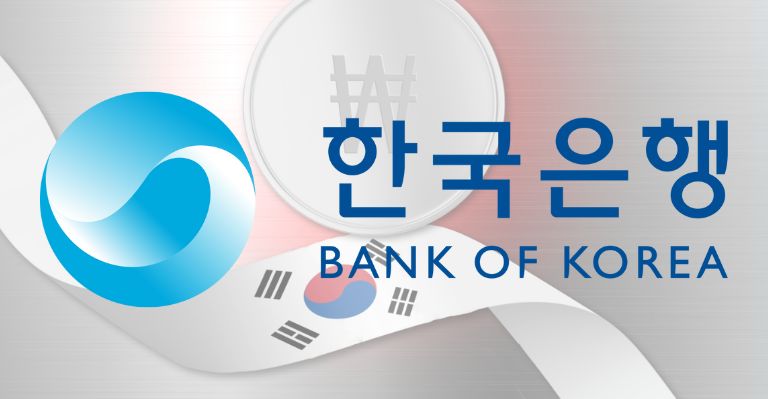TL;DR
- Stablecoin Spotlight: Governor Rhee is set to explore launching won-backed stablecoins at a high-profile bankers’ dinner amid new digital asset legislation and rising political momentum.
- Digital Transformation: Initiatives like “Project Hangang” and the “Agora Project” are being discussed with top banks, aiming to integrate state-backed deposit tokens with blockchain systems.
- Balancing Risk and Innovation: While swift regulatory changes could usher in more secure digital payments, caution is urged over potential disruptions to monetary policy.
Bank of Korea’s Governor Rhee Chang-yong is preparing to investigate the swift introduction of stablecoins backed by the won. The discussion, slated for a high-profile bankers’ dinner in Seoul on June 23, comes amid growing political pressure and the recent unveiling of legislative proposals by the nation’s ruling Democratic Party.
With the introduction of the Digital Asset Basic Act, local firms could soon gain legal clarity to issue stablecoins, challenging traditional monetary frameworks and inviting both excitement and scrutiny. Financial authorities and market watchers alike are monitoring the developments, anticipating that swift regulatory adjustments may pave the way for a new era of digital payments and banking innovation.
Advancing Digital Currency Initiatives

Governor Rhee’s agenda is not limited to new issuance alone. In recent weeks, he has engaged with top executives from major banks, including KB Kookmin, Shinhan, Hana, and others to deliberate on digital currency projects such as “Project Hangang” and the “Agora Project.”
These initiatives aim to integrate state-backed deposit tokens with public blockchain systems, effectively treating them as a variant of stablecoin. By leveraging existing banking structures, the move could pave the way for a smoother, more secure transition to a digital financial ecosystem without compromising monetary policy.
His proactive outreach signals a willingness to adapt to rapid technological changes while ensuring that stringent regulatory oversight remains paramount.
Weighing Risks and Navigating Market Dynamics
Despite the transformative potential, significant risks accompany the shift toward local stablecoins. Governor Rhee has repeatedly cautioned that allowing non-bank entities to issue digital currency without stringent measures could disrupt monetary policy and jeopardize financial stability.
The looming challenge stems from the overwhelming global dominance of dollar-denominated stablecoins, which currently occupy a vast majority of the market. As South Korea’s financial leaders converge at the upcoming dinner, they will need to reconcile innovation with the necessity for robust oversight.
The dialogue is expected to chart a clear path forward, reinforcing the importance of safeguarding national currency while embracing the digital revolution.

